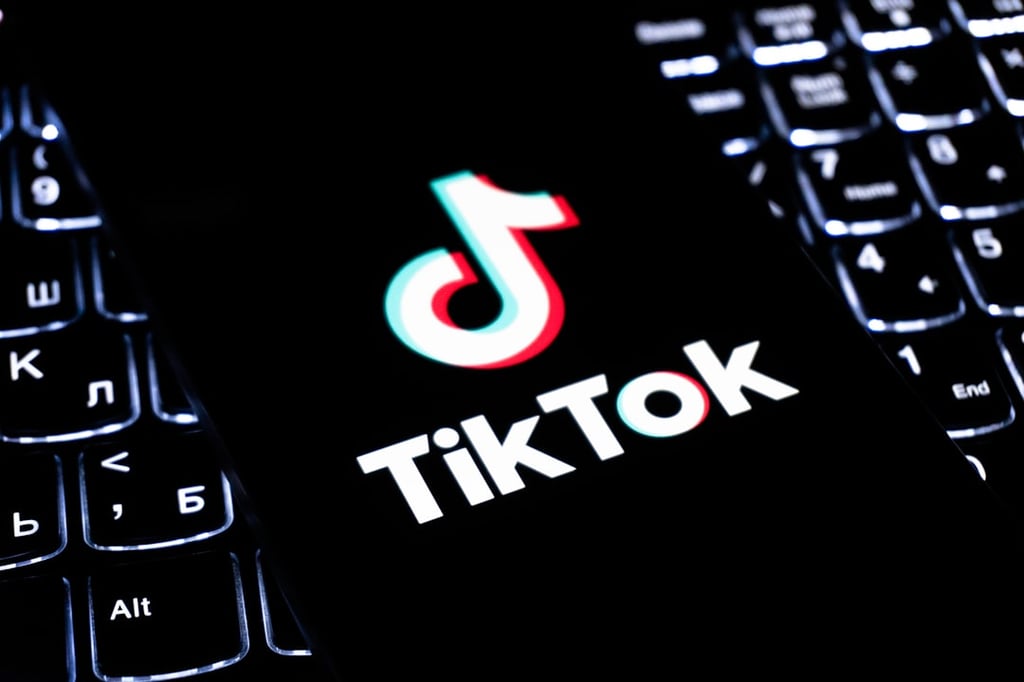Not only is the Internet of Things (IoT) market rife with opportunity but also risks. A recent survey of 397 IT executives conducted by consulting firm Altman Vilandrie & Company found that nearly half of U.S. companies (48 percent) have been hit by an IoT security breach. And the effects of those breaches can be […]
Datamation content and product recommendations are
editorially independent. We may make money when you click on links
to our partners.
Learn More
Not only is the Internet of Things (IoT) market rife with opportunity but also risks.
A recent survey of 397 IT executives conducted by consulting firm Altman Vilandrie & Company found that nearly half of U.S. companies (48 percent) have been hit by an IoT security breach. And the effects of those breaches can be costly.
For businesses with annual sales of under $5 million, the cost of a breach can account for 13.4 percent of revenues. Meanwhile, larger firms can suffer losses in the tens of millions of dollars. Among companies that generate more than $2 billion in revenue each year, nearly half said the potential cost of a single IoT security breach can surpass $20 million.
Fortunately, there’s a way to avoid such a fate but it may require an increase in IoT security.
Organizations that haven’t experienced a breach spend 65 percent more on IoT security than their less fortunate peers, Altman Vilandrie & Company’s survey discovered. Those investments are primarily guided by vendor reputation and the quality of a security product, presenting an opportunity for companies looking to stake a claim in the burgeoning IoT security market.
“We see it being critical for security providers to build a strong brand and reputation in the IoT security space,” commented said Altman Vilandrie & Company principal Ryan Dean in prepared remarks.
“There are lots of providers developing innovative solutions, but when it comes to purchasing decisions, buyers are looking for a brand and product they trust. Price is a secondary concern that buyers tend to evaluate after they have narrowed their options down to a few strong security solutions,” continued Dean.
The survey’s results also indicate that enterprises are still struggling with their IoT security strategies.
Seventy-four percent of companies take a centralized approach to IoT security decision-making, despite the varying needs of their discrete business unites. Although most technology executives consider IoT security a distinct category (68 percent), less than half have a separate budget for it.
Security isn’t the only IoT-related factor keeping IT and business leaders up at night.
A recent Cisco survey found that few IoT projects go smoothly, due to a lack of internal expertise and budget overruns. Other IoT challenges that stand in the way of successful deployments include runaway data storage requirements, privacy concerns and competing standards.
Pedro Hernandez is a contributing editor at Datamation. Follow him on Twitter @ecoINSITE.
-
Ethics and Artificial Intelligence: Driving Greater Equality
FEATURE | By James Maguire,
December 16, 2020
-
AI vs. Machine Learning vs. Deep Learning
FEATURE | By Cynthia Harvey,
December 11, 2020
-
Huawei’s AI Update: Things Are Moving Faster Than We Think
FEATURE | By Rob Enderle,
December 04, 2020
-
Keeping Machine Learning Algorithms Honest in the ‘Ethics-First’ Era
ARTIFICIAL INTELLIGENCE | By Guest Author,
November 18, 2020
-
Key Trends in Chatbots and RPA
FEATURE | By Guest Author,
November 10, 2020
-
Top 10 AIOps Companies
FEATURE | By Samuel Greengard,
November 05, 2020
-
What is Text Analysis?
ARTIFICIAL INTELLIGENCE | By Guest Author,
November 02, 2020
-
How Intel’s Work With Autonomous Cars Could Redefine General Purpose AI
ARTIFICIAL INTELLIGENCE | By Rob Enderle,
October 29, 2020
-
Dell Technologies World: Weaving Together Human And Machine Interaction For AI And Robotics
ARTIFICIAL INTELLIGENCE | By Rob Enderle,
October 23, 2020
-
The Super Moderator, or How IBM Project Debater Could Save Social Media
FEATURE | By Rob Enderle,
October 16, 2020
-
Top 10 Chatbot Platforms
FEATURE | By Cynthia Harvey,
October 07, 2020
-
Finding a Career Path in AI
ARTIFICIAL INTELLIGENCE | By Guest Author,
October 05, 2020
-
CIOs Discuss the Promise of AI and Data Science
FEATURE | By Guest Author,
September 25, 2020
-
Microsoft Is Building An AI Product That Could Predict The Future
FEATURE | By Rob Enderle,
September 25, 2020
-
Top 10 Machine Learning Companies 2021
FEATURE | By Cynthia Harvey,
September 22, 2020
-
NVIDIA and ARM: Massively Changing The AI Landscape
ARTIFICIAL INTELLIGENCE | By Rob Enderle,
September 18, 2020
-
Continuous Intelligence: Expert Discussion [Video and Podcast]
ARTIFICIAL INTELLIGENCE | By James Maguire,
September 14, 2020
-
Artificial Intelligence: Governance and Ethics [Video]
ARTIFICIAL INTELLIGENCE | By James Maguire,
September 13, 2020
-
IBM Watson At The US Open: Showcasing The Power Of A Mature Enterprise-Class AI
FEATURE | By Rob Enderle,
September 11, 2020
-
Artificial Intelligence: Perception vs. Reality
FEATURE | By James Maguire,
September 09, 2020
SEE ALL
ARTICLES
Pedro Hernandez is a contributor to Datamation, eWEEK, and the IT Business Edge Network, the network for technology professionals. Previously, he served as a managing editor for the Internet.com network of IT-related websites and as the Green IT curator for GigaOM Pro.









